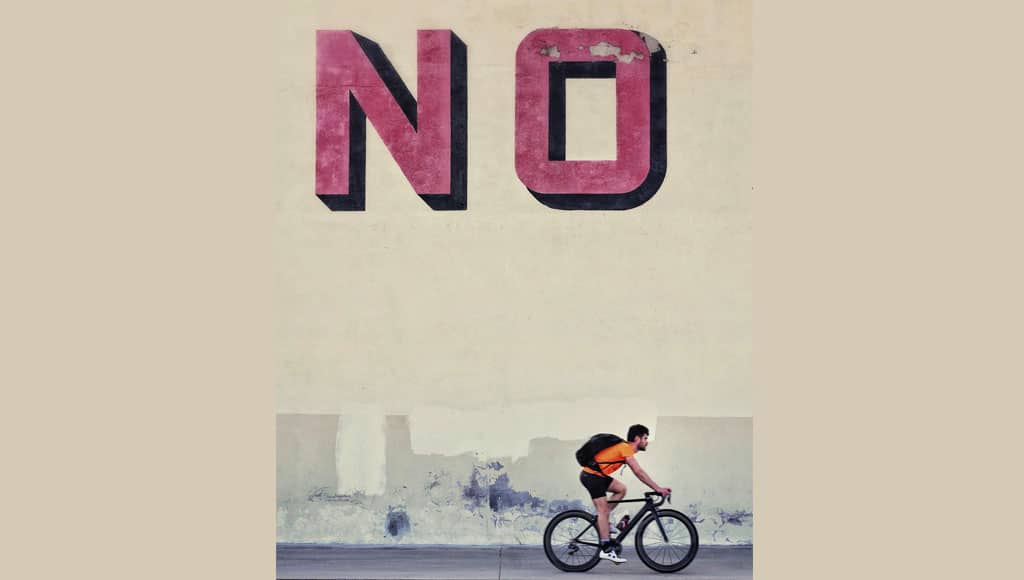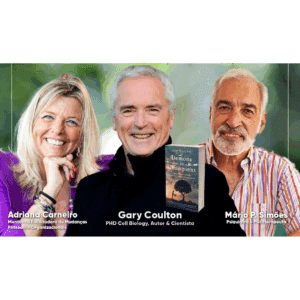Let me begin with a confession: I have the assertiveness of a mildly apologetic Buddhist monk when it comes to saying “no”. No, really!
Ask me to water your 56 houseplants while you are holidaying in Tuscany? Of course! Need help assembling IKEA furniture because I am good at reading the instruction manual? Sure! Want to be dropped off/picked up from the airport at odd hours? Ahem, Ok!
Somewhere between moving countries, adapting to new time zones, and pretending to know the difference between kefir and kimchi at diplomatic potlucks, I lost the ability to say “no”. It was not always this way. In my younger years, I could issue a firm “nope” with all the sass of a toddler refusing vegetables.
But life abroad does something strange to one’s boundaries. You are the new person. You want to fit in. You smile too widely, agree too quickly, and before you know it, you sign up to chair three committees, attend four bake sales, and host a Finnish-Argentinian-Lebanese fusion dinner. For 22 people. On a Tuesday!
But soon I realised that something had to change. I turned to self-help books that promised to teach how to set boundaries with grace. They offered sample scripts which read like “I appreciate the offer, but I must decline”, or “thank you for thinking of me, but I am not available”, and so on and so forth.
Sounded too good to be true, so I promptly tried it with a fellow expat who asked if I could hold a last-minute book club at my place. “Thanks for thinking of me,” I typed on WhatsApp, channelling my inner Oprah. “I am so sorry, but it will not be possible for me to do so,” I stated.
Before I could expand on the theme and offer some creative excuses, I received a flurry of messages back from her. “Oh no! Is everything okay? Did something happen? Do you need a casserole? A therapist? A plumber?”
By the end of the conversation, I had not only agreed to arrange the book club, but I was also baking the themed cupcakes and moderating the discussion on 19th-century Norwegian existentialism.
Determined to toughen up, I studied friends who were excellent at declining and could say “no” with a warm smile and a perfectly timed “maybe next time”. So, I started practicing. I said “no” to a Zoom seminar titled ‘Thriving as a Globally Mobile Household’ and I declined an invitation to a three-hour neighbourhood council meeting with an agenda that began with ice-breaking trust exercises. I did these in quick succession.
And guess what? The world did not end. People survived. I thrived and I began to feel liberated. Now, don’t get me wrong, I still enjoyed helping others, but I no longer believed that every ask must be met with a resounding “yes!”
“Yes what?” my spouse questioned.
I smiled as I realised I had spoken aloud.
“No, I meant to say ‘no’,” I clarified.
“If you meant ‘no’, why did you say ‘yes’?” he asked.
“Because that is what I used to do,” I said.
“Do what?” he was curious.
“Say ‘yes’ when I meant ‘no’,” I explained.
“Why would you do that?” he was perplexed.
“Didn’t want to hurt anyone,” I said.
“And now?” he was all ears.
“Now I say what I mean,” I told him.
“And that is because?” he prompted.
“Because I don’t want to hurt myself,” I confessed.




















